Joel Halliwell
VC
(1881-1958)
Born in Middleton on 29th December 1881, Lance Corporal Joel Halliwell
was to be awarded the Victoria Cross for "...conspicuous bravery
and devotion to duty".
On 27 May 1918, Halliwell was captured by the Germans and remained a
prisoner with them for a short time before he managed to escape. On
his way back to the British lines, seeing many wounded comrades lying
on the ground, he mounted a stray German horse which he rode back to
pick up a wounded man and brought him back to safety, in spite of heavy
shellfire. He went on to repeat this process, back and forth, through
heavy enemy gunfire, with no thought for his own safety, some ten times,
until his horse received a severe wound and he could no longer continue.
Lance Corporal Halliwell was a modest man, maintaining that he had simply
done as he was told and that any other man in his battalion would have
done what he had done if they had the chance, as they never thought
of anything but their duty.
He returned to Middleton amid public jubilation and a civic welcome
by the Mayor and Mayoress of the borough.
Joel Halliwell died on the 14th June 1958.
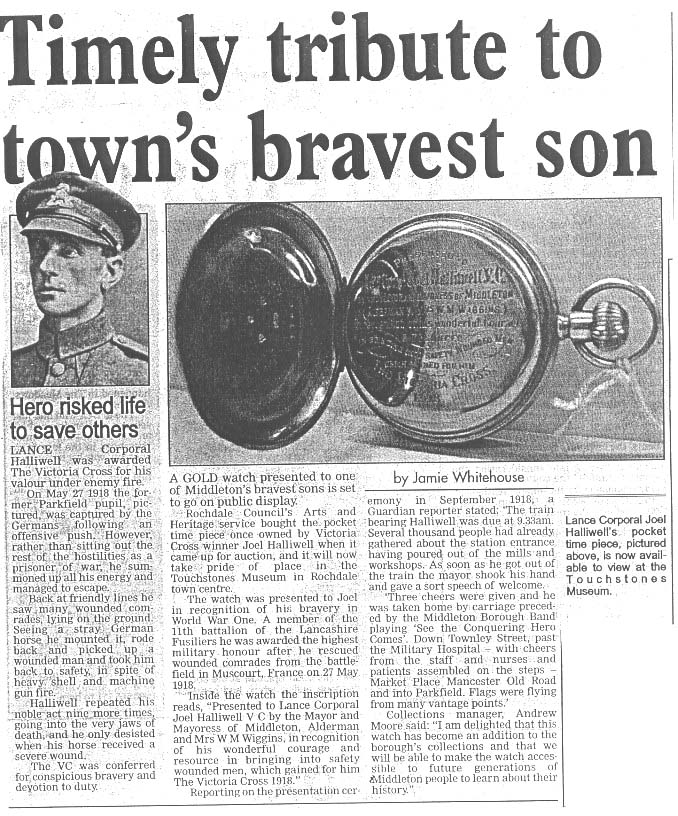
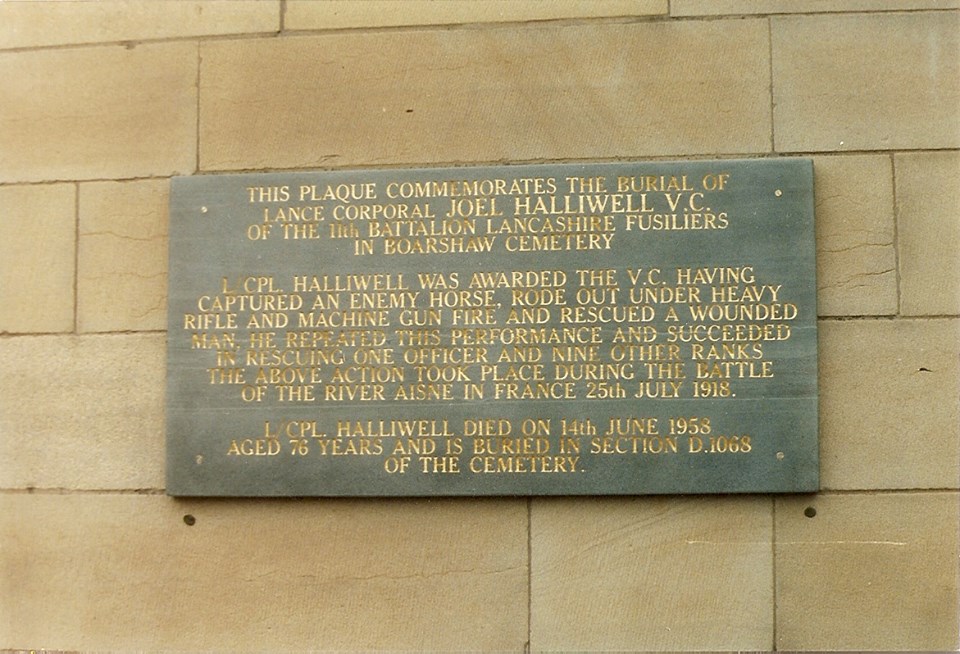
Joel Halliwell VC
Lance Corporal Joel Halliwell of Parkfield, Middleton served in the
Lancashire Fusiliers in World War 1. In 1918 he was captured by the
Germans and was a prisoner before escaping back to the British territory.
He was met with carnage along the way seeing many of his comrades lying
wounded in the chaotic 'no mans land.' Finding a stray horse, he rode
back through the heavy shell and gunfire to pick up the wounded from
the battlefield and take them back to safety. Braving these terrifying
conditions he was able to return and one by one, picked up 10 of his
comrades until unfortunately the horse was fatally wounded. He then
trekked well over a mile or so and back to bring water for the wounded.
He modestly maintained that he had simply done what any comrade would
have done having had the chance as it was only their duty. How he wasn't
hit himself is nothing short of a miracle but saving his comrades was
foremost on his mind rather than that of his own safety.
He returned to Middleton where he was celebrated
a hero. Thousands rallied to witness the civic parade laid on to welcome
Joel and to see this brave man of our town for themselves. He recieved
the Victoria Cross for valour, the highest award possible and remains
the only Middleton man to date to have recieved this honour. In all,
1,356 VC's have been awarded. Lance Corporal Halliwell was one of 19
Lancashire Fusiliers to recieve one.
He went on to get married, have 3 children
and run The New Inn on Long St. He even tried to enlist to fight in
WW2 but by this time, his age went against him and he was refused. He
died in 1958 his funeral having full military honours and is buried
in Boarshaw Cemetary.

for
Joel's Family
visit the the Fusilier Museum
Joel Halliwell VC Road Naming
Middleton
Joel
Halliwell VC Road Naming Middleton 2
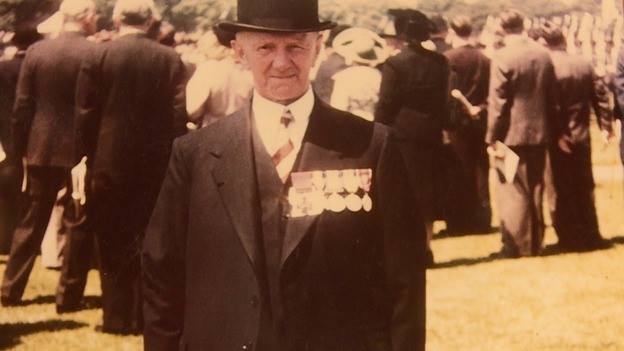
The 11th Battalion was accordingly
ordered at 9am to occupy a frontage of four hundred yards on
the high ground south of the River Aisne. At about 10:50am the
Germans reached that obstacle opposite the Battalion, and shortly
afterwards the 9th Loyal North Lancashire Regiment, the left
unit of the 74th Infantry Brigade, became engaged and by 1:30pm
the Germans had succeeded in crossing the Aisne River and the
Aisne Canal immediately to the south of it by a bridge at Maizy
and were advancing rapidly along a valley towards Muscourt.
The 11th Battalion was involved and succeeded in holding up
the attackers on the road leading south from Concevreux. The
German parties which had moved up the valley succeeded, however,
in entering Muscourt; and as the Battalion’s flank was
thus turned it was forced to withdraw to a ridge near Meurival.
Its stay here could not be long on account of the heavy shelling
to which the Germans subjected the position. It was here that
9860 Lance-Corporal Joel Halliwell won his Victoria Cross.
He galloped forward on a stray horse captured from the enemy
and, under very heavy machine-gun fire, bought back unaided
and single handed to a place of safety an officer and nine men
who had been severely wounded and unable to move. In each case
he saw personally to their evacuation by stretcher-bearers towards
medical aid. Three times he made unsuccessful attempts to make
what would have been his eleventh rescue, but the enemy was
now advancing so rapidly that he had to retire to avoid capture.
Although the Battalion was shelled off the ridge, its withdrawal
was a short one and it found another position along a road five
hundred yards south of it. Between 7pm & 8pm the Germans
launched three local attacks against the 11th Battalion, but
were repulsed with heavy losses each time. In the meanwhile,
however, the enemy had succeeded in turning the flanks at other
points on the battlefield, and at 10pm the Brigade was ordered
to withdraw to Romain, two miles farther south, to conform to
similar movement on each side of it. The Battalion moved to
Breuil-Sur-Vesle, where its quartermaster, Lieutenant J. Gower,
with the help of the transport Sergeant, W. Barnett, managed
to supply it with hot tea. During the day the losses had been
6 men and 6 0fficers killed and 79 other ranks wounded.
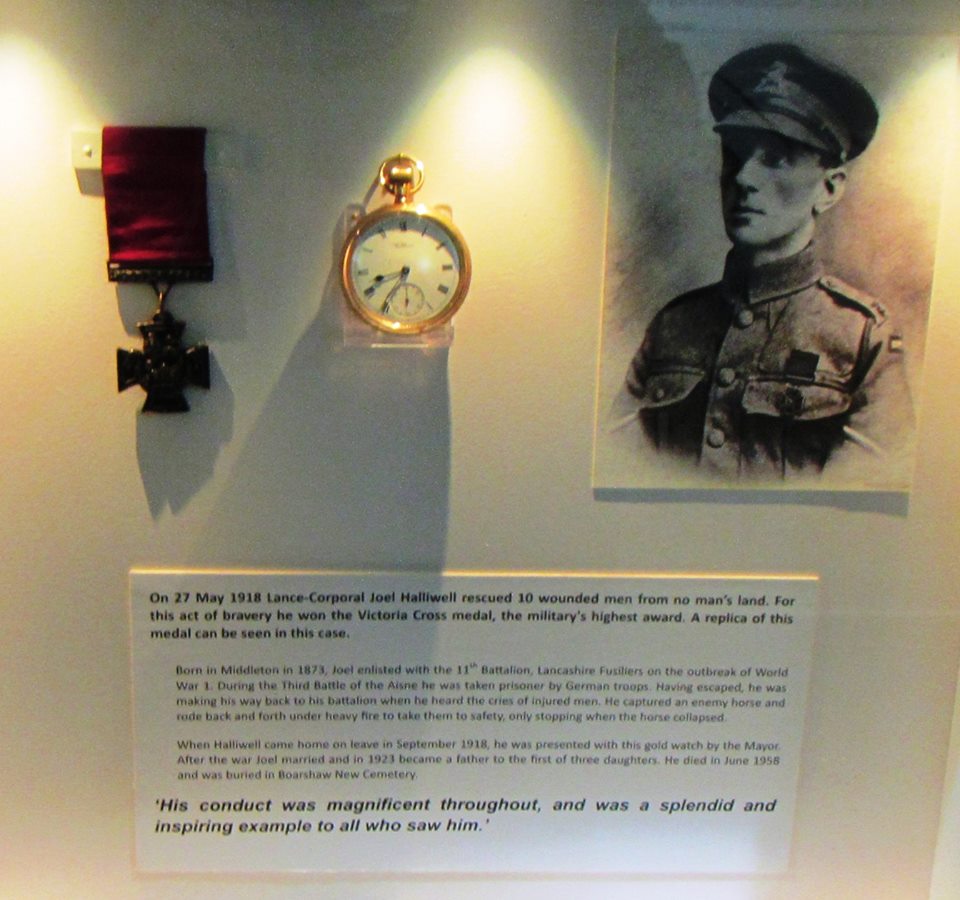
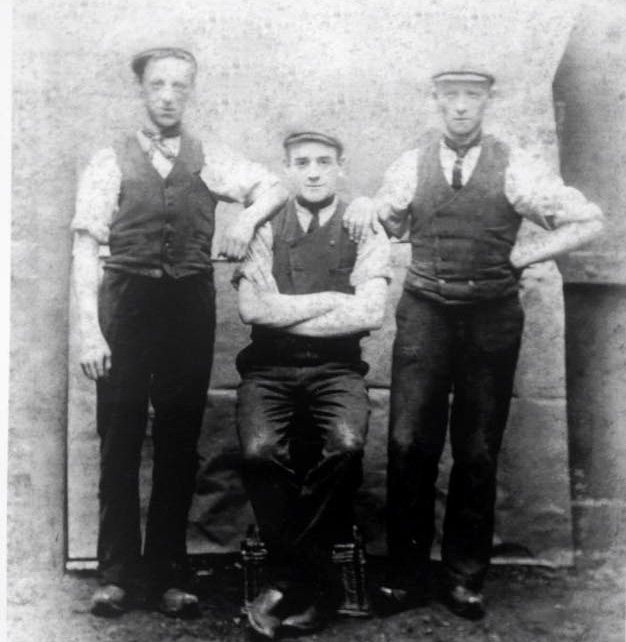

|
